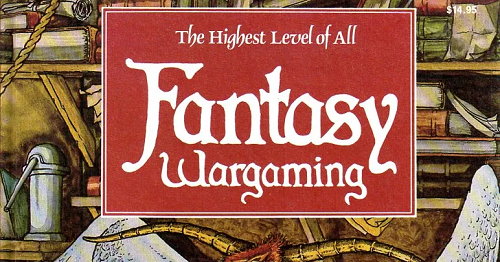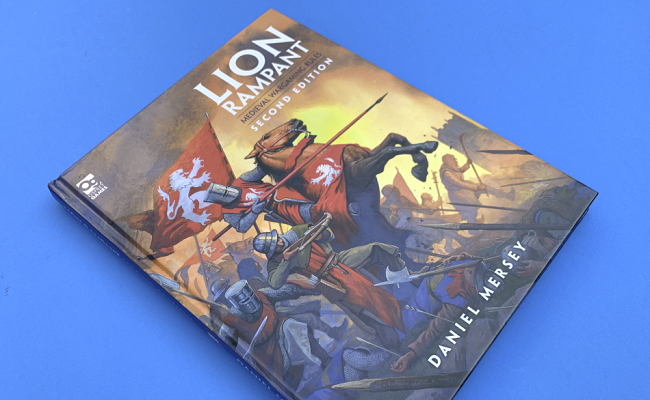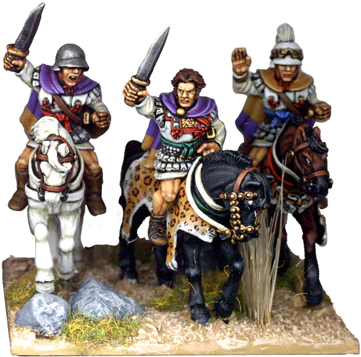Fantasy wargaming is a genre of tabletop gaming that takes place in imaginative worlds filled with fantastical creatures, magic, and epic battles. It allows players to create armies, command heroes, and engage in strategic warfare within unique fantasy settings. Here are some key aspects of fantasy war gaming:
Fantasy Settings: Fantasy wargaming takes place in fictional realms, often with richly developed lore and histories. These settings can vary greatly, from high fantasy worlds with multiple races and magic to gritty low fantasy settings with darker themes. Examples include the Warhammer Fantasy Battle world, the world of Middle-earth from The Lord of the Rings, or the setting of A Song of Ice and Fire.
Unique Factions: Fantasy wargames offer a diverse range of factions or armies, each with its own unique characteristics, strengths, and weaknesses. Factions can consist of humans, elves, dwarves, orcs, undead, demons, and other fantastical creatures. Each faction typically has distinct units, heroes, and magical abilities that add depth and strategic options to the game.
Magic and Spells: Magic plays a prominent role in fantasy wargaming. Players can command spell casters and wizards who can unleash powerful magical spells or abilities on the battlefield. Magic can be used for offensive purposes, healing, summoning reinforcements, or altering the environment, adding an additional layer of tactics and strategy to game play.
Epic Battles: Fantasy wargaming often features large-scale battles with armies composed of numerous units and powerful creatures. These battles can involve hundreds of miniatures or game pieces representing infantry, cavalry, monsters, and war machines. The scope and scale of the battles contribute to the epic feel of the fantasy setting.
Heroic Characters: Fantasy wargames frequently include heroic characters or champions who lead the armies and provide special abilities or bonuses. These characters may have unique skills, magical artifacts, or leadership abilities that affect the performance of their troops. Heroes often serve as focal points for the narrative and can turn the tide of battles.
Magical Artifacts and Equipment: Fantasy wargaming allows players to equip their units and characters with magical artifacts or special equipment. These items can enhance the abilities of the units, grant additional powers, or provide protection against enemy attacks. Collecting and utilizing magical artifacts can be an important aspect of strategy and customization.
Narrative and Quests: Fantasy wargaming often incorporates narrative elements and quests within the game play. Players may embark on specific missions, undertake quests, or follow story-driven campaigns. These narratives provide context, objectives, and challenges for players, making each battle a part of a larger story.
Terrain and Environments: Fantasy wargaming introduces imaginative and fantastical terrain elements. Players can fight battles in mystical forests, crumbling ruins, treacherous swamps, or other unique environments. These terrain features can have special rules or effects on game play, adding tactical considerations and strategic depth.
Fantasy wargaming offers a vibrant and imaginative world for players to explore, strategize, and engage in epic battles. It combines the elements of traditional wargaming with fantasy elements, allowing players to delve into richly developed fictional realms and command diverse armies of mythical creatures and legendary heroes. The genre provides endless opportunities for creativity, storytelling, and immersive game play.
Shop Amazon for: Fantasy Wargaming Miniatures



